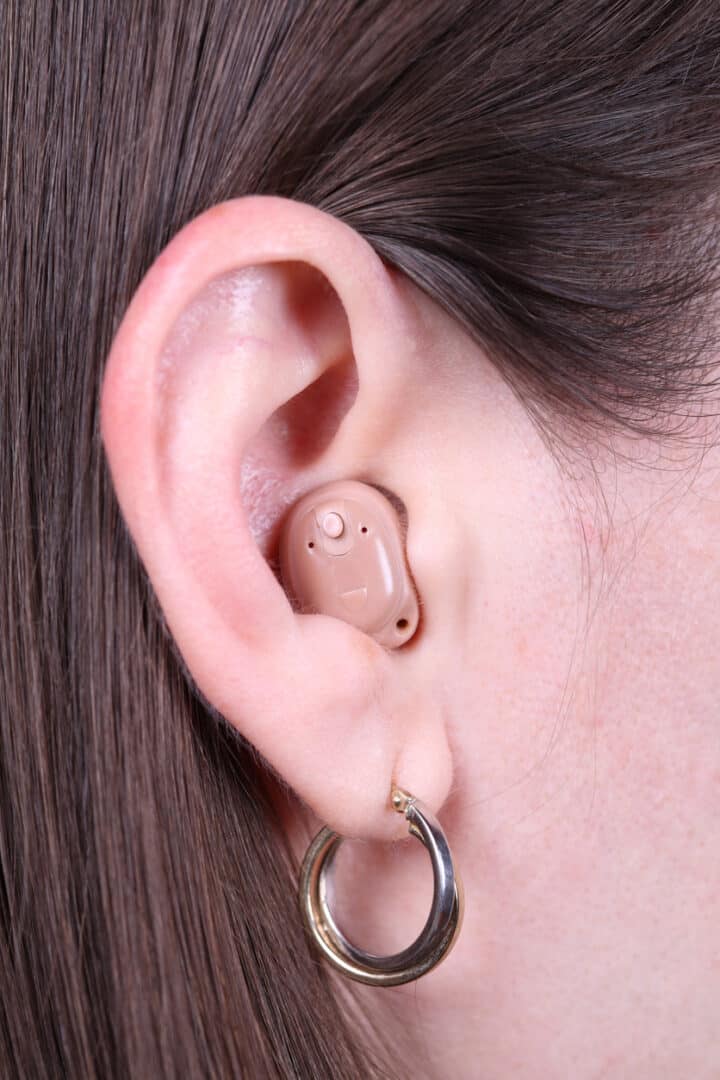Most hearing loss occurs in both ears, which is referred to as binaural hearing loss. However, some people can experience unilateral hearing loss, which means that only one ear is affected.
Causes of Hearing Loss in One Ear

Much like binaural hearing loss, unilateral hearing loss can occur for many reasons. Some, but not all, of these include:
- Genetic conditions
- Trauma or injury to the head
- Acoustic neuromas
- Viral or bacterial infections
Are Children at Risk for Unilateral Hearing Loss?
Both children and adults can experience unilateral hearing loss. Roughly 1 in 1000 children are born with unilateral hearing loss and 3% of school-aged children have some degree of hearing loss in one ear. Your child may be more at risk if:
- They are born with certain genetic conditions
- Their mother comes down with an illness while pregnant
- They sustain an injury or damage to the ear
Children who have hearing loss in one ear may struggle with speech recognition and language development compared to their peers.
Problems Caused by Unilateral Hearing Loss
Even though it only affects one ear, unilateral hearing loss can still pose several challenges for those who suffer.
Difficulty Locating Sounds
Your brain uses both ears to pinpoint the location of a sound. When you don’t hear well out of one ear it may be harder to tell where a sound or voice is coming from. It can be even more difficult at a concert or crowded [city] bar with lots of background noise and many people talking at once.
The Head Shadow Effect
Unilateral hearing loss can make speech seem muffled. This is because sounds that are coming from the side of your affected ear have to travel around your head to the functional ear. This is known as the “head shadow” effect. High-frequency sounds (which most speech is) don’t bend around the head, making it harder to decipher what is being said.
How to Treat Hearing Loss in One Ear
Treatment for unilateral hearing loss depends on the severity of hearing loss. If you have mild to moderate hearing loss in one ear, using a hearing aid can be helpful. However, in more severe cases your audiologist may recommend:
- CROS or BiCROS hearing aids
- Bone-anchored hearing systems
- Cochlear implants